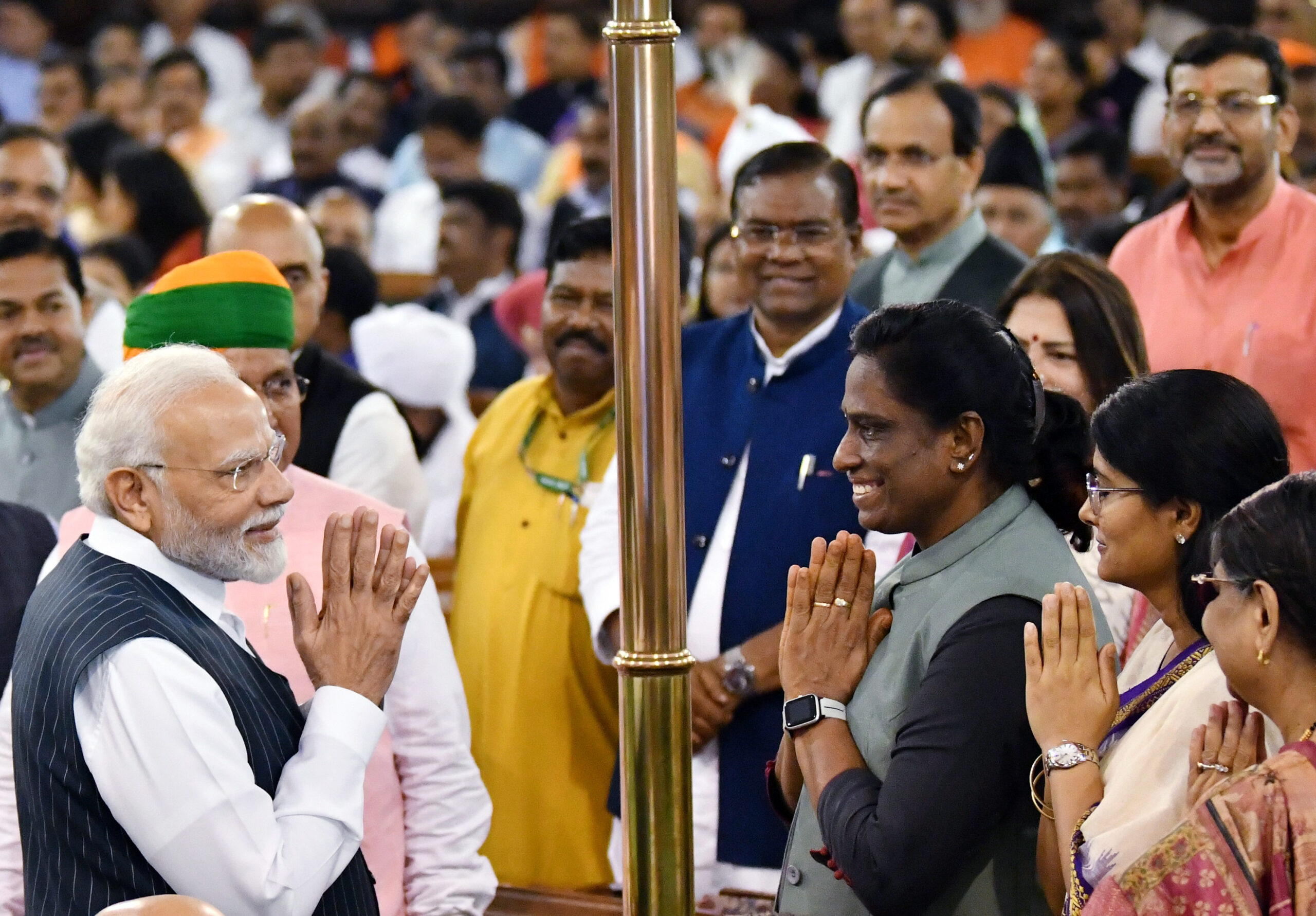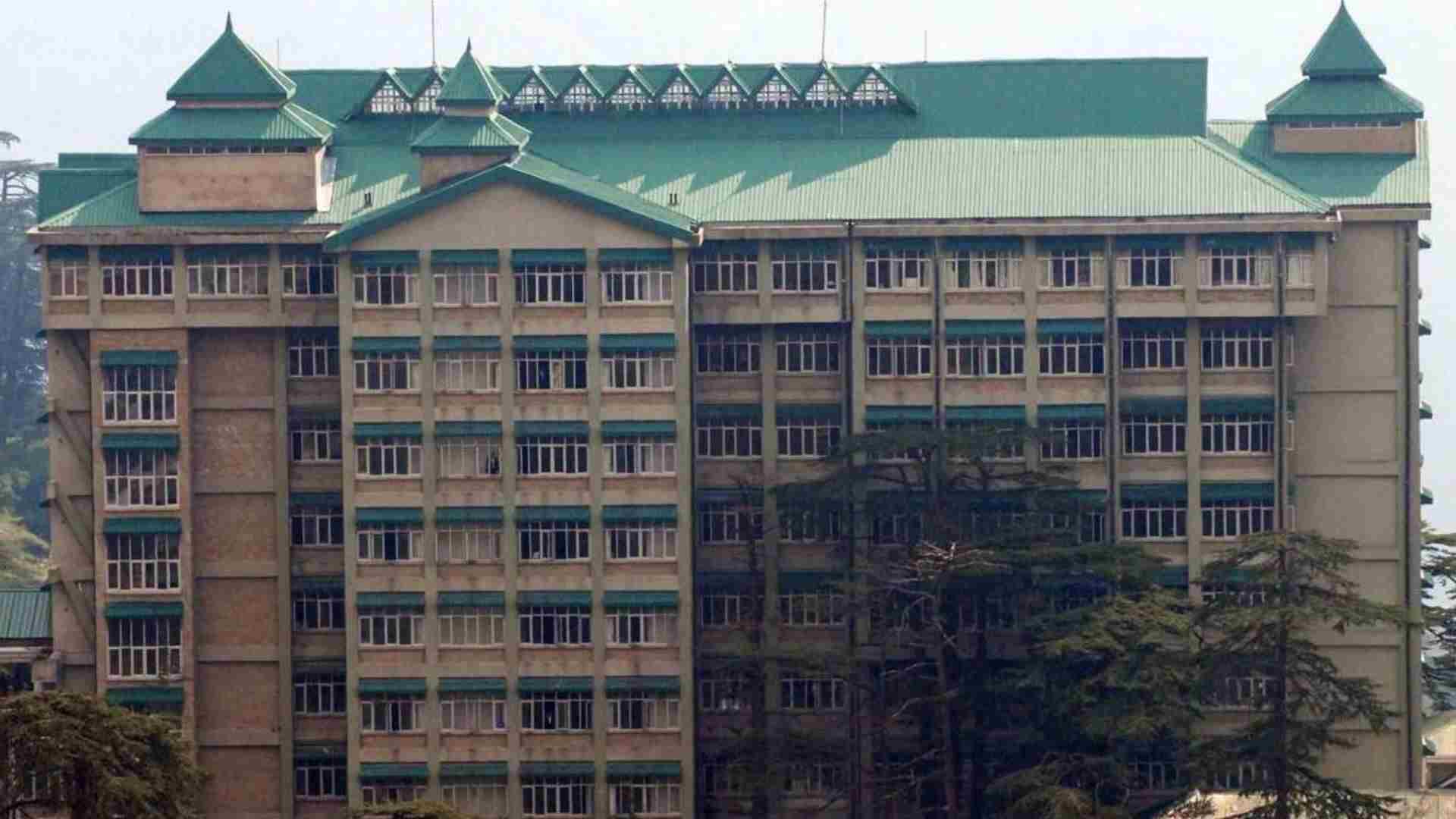
The Modi government’s recent introduction of the Nari Shakti Vandan Bill in the Lok Sabha, aimed at women’s reservation, is set to bring significant benefits to Haryana. Historically, Haryana has seen a dismal representation of women in its assembly.
The peak came in 2014 when 13 women secured seats, whereas the current assembly hosts only nine women MLAs spanning BJP, Congress, and JJP.
Although the reservation implementation awaits, Haryana is progressing with delimitation preparations. With a likely increase in Lok Sabha seats from the current 10 to potentially 13 or 14, the state assembly seats are also set to rise from 90. If the Lok Sabha seats rise to 13, there will be 117 assembly members, and with 14 seats, 126 MLAs will be elected. Under the new Bill’s provisions, the current assembly of 90 members could see 30 female MLAs. If the assembly expands to 117 or 126 members, as many as 42 women could clinch seats. Additionally, out of the proposed 13 or 14 Lok Sabha seats, three to five women are ensured a spot in Parliament.
Haryana’s BJP-JJP coalition government has already implemented a 50% women’s reservation in Panchayats since the previous year’s Panchayati Raj elections. However, decisions on urban local bodies are still pending.
Kamlesh Dhanda, the Women and Child Development Minister, expressed gratitude towards the Bill, emphasising Prime Minister Modi’s consistent advocacy for women’s empowerment. She highlighted the necessity of political empowerment for women in India, especially as the world’s largest democracy. The proposed 33% reservation is viewed as a step to invigorate women’s role in the democratic process.















